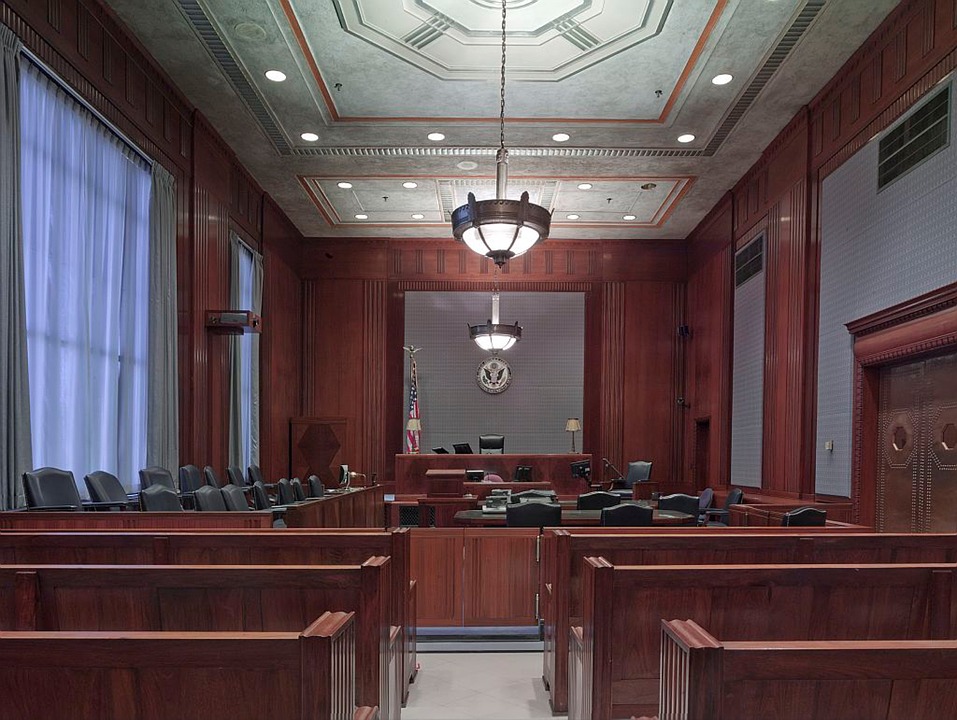What is the Difference Between an Appeal and a Writ of Habeas Corpus?

Appealing A Criminal Conviction (PC 1237)
An appeal is a challenge to a conviction at trial or the sentence imposed as a result. A higher court will review how the lower court applied the law in your case and determine whether errors were made that impact your case.
If the appellate court finds that errors significantly influenced your trial, it can reverse the decision of the lower court. The result could be a new trial, a reduced sentence, or having your conviction thrown out entirely.
Grounds for appealing your conviction are generally limited to the following:
- Evidence at trial was improperly admitted or exclude
- The judge’s instructions to the jury were improper
- The judge made an error or abused his or her discretion in sentencing
- The prosecutor committed misconduct
- One or more jurors committed misconduct
- Your trial attorney acted incompetently
- The jury’s verdict was based on insufficient evidence
If you believe one of these errors was made during your trial, you should contact an experienced appellate attorney immediately. You only have 60 days from the date of being convicted of a felony to appeal your conviction. You need to act now.
The Writ Of Habeas Corpus (PC 1473)
A Writ of Habeas Corpus may be an option for you if you or someone you love is being held in jail, prison, or a mental health institution. A Writ of Habeas Corpus is a court order to “produce the body,” meaning the authority holding the individual must bring the person before the court and show a valid reason for keeping that person detained.
In 2017, California added new language to PC 1473 to also allow a person to submit a Writ of Habeas Corpus to vacate a conviction after he or she has been released from custody and put on probation or parole.
To be allowed to petition for a Writ of Habeas Corpus, you must first “exhaust your remedies.” This basically means that you have filed all possible appeals and have not been successful.
A petition for a Writ of Habeas Corpus must be based on one or more of the following grounds:
- You were convicted under an unconstitutional law
- You received ineffective assistance of counsel, or no counsel was provided
- The prosecutor engaged in misconduct, such as submitting false evidence or hiding evidence favorable to your defense
- You were legally incompetent to stand trial
- You have newly discovered evidence
- Changes in the law under which you were convicted
- Evidence regarding battered woman’s syndrome (if your conviction was prior to August 29, 1996), OR
- You are challenging the conditions of your confinement
If you believe you have been unlawfully held in custody, speak to our experienced criminal defense attorneys at Wallin & Klarich about petitioning for a Writ of Habeas Corpus now.
Difference Between An Appeal And A Writ Of Habeas Corpus
There are several differences between an appeal and a writ of habeas corpus. Both are part of the appellate process. The primary difference is found in the reason why you are using the appellate process. Appeals are used to correct errors that occurred during the case. In an appeal, the appellate courts only consider what they can find within the “four corners” of the file. They will not consider any new evidence. If you think that the trial judge made some legal error during the course of the criminal case, then you will want to file an appeal. An appeal is not used if you just want another stab at proving innocence in front of a jury or judge.
On the other hand, a writ of habeas corpus can be used if you want the appellate court to consider evidence that the trial judge might not have had. The habeas petition is for situations when a legal error occurred, as we say, outside the “four corners” of the court file. To win a habeas petition, you have to prove that the legal error that occurred actually resulted in a loss of the defendant’s rights.
Contact The Appellate Attorneys At Wallin & Klarich Today
At Wallin & Klarich, our skilled criminal defense attorneys have over 40 years of experience successfully representing clients in post-conviction matters. Let us help you and we can review your case to determine whether you have grounds for an appeal or Writ of Habeas Corpus.
With offices in Orange County, Riverside, San Bernardino, Los Angeles, San Diego, West Covina, Torrance, and Victorville, there is an experienced Wallin & Klarich appellate attorney available to help you no matter where you are located.
Contact our law firm today at (877) 4-NO-JAIL or (619) 404-0338 for a free phone consultation. We will be there when you call.



